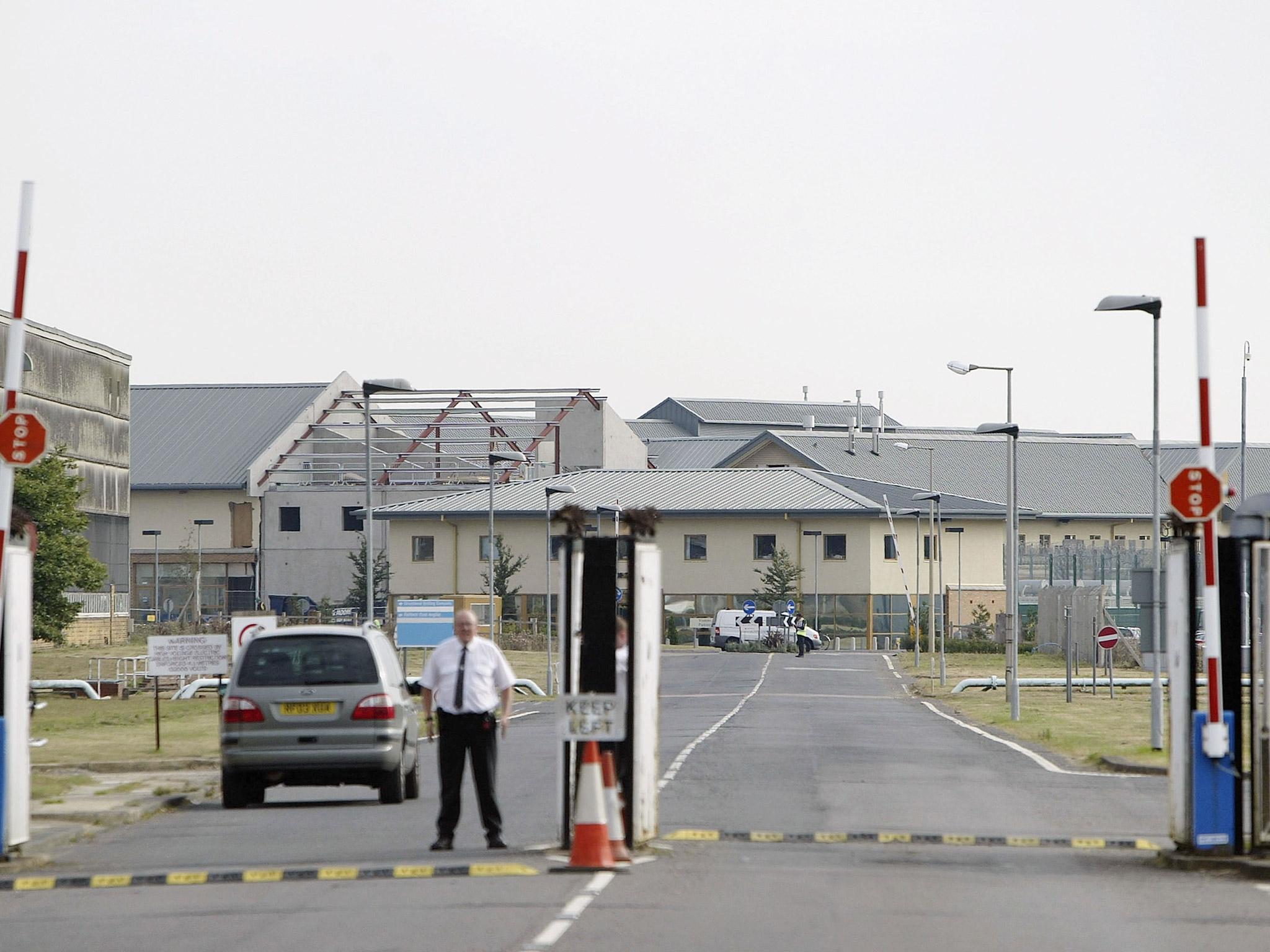Government keeps asylum seekers ‘below subsistence levels’ on £5 a day
Government support is inadequate to cover 'the most basic necessities', say charities

Your support helps us to tell the story
From reproductive rights to climate change to Big Tech, The Independent is on the ground when the story is developing. Whether it's investigating the financials of Elon Musk's pro-Trump PAC or producing our latest documentary, 'The A Word', which shines a light on the American women fighting for reproductive rights, we know how important it is to parse out the facts from the messaging.
At such a critical moment in US history, we need reporters on the ground. Your donation allows us to keep sending journalists to speak to both sides of the story.
The Independent is trusted by Americans across the entire political spectrum. And unlike many other quality news outlets, we choose not to lock Americans out of our reporting and analysis with paywalls. We believe quality journalism should be available to everyone, paid for by those who can afford it.
Your support makes all the difference.The Government will maintain financial support to asylum seekers at a rate of five pounds a day, despite evidence from charities that asylum destitution is “on the rise”.
Asylum seekers are barred from working or claiming benefits including job seekers' allowance while the Home Office processes their claim. Instead, they are supported under Section 95 of the immigration Act, receiving £36.95 per adult or child per week.
The level of support is reviewed annually, and on Thursday the Home Office published new guidance which concluded that the cash allowance should remain the same.
Despite the annual review process, payments to asylum seekers have been largely static in recent years.
In 2011, a single adult received £36.62 a week. Support payments have increased by 33 pence over the last 6 years
A number of migrants’ rights organisations have expressed concern that support for asylum seekers is inadequate to cover the most basic necessities.
The Refugee Council has said: “Most asylum seekers are living in poverty and experience poor health and hunger. Many families are not able to pay for the basics such as clothing, powdered milk and nappies.”
In 2016, British Red Cross said it had provided basic necessities such as food parcels or clothing to 6,856 aslyum seekers on Section 95 support - an increase of 10% on 2015. Asylum seekers awaiting a decision on their application made up nearly half of those applying to the Red Cross for this kind of support.
Mike Adamson, chief executive of the British Red Cross, said: “These figures point to a steady increase in the number of people who flee war and violence only to risk being left destitute and reliant on charities for basic necessities, including the ability to feed and clothe their children.”
The Home Office calculates the support payments based on data from the Office of National Statistics about expenditure by the UK’s poorest 10%.
Using ONS figures, the Home Office judged that £1 a week was adequate for purchasing toiletries, and that 54 pence a week was sufficient for medicines and prescriptions.
£3 a week is provided for travel, which the Home Office does not consider an essential. The document says “travel may be necessary in limited circumstances, including those related to maintaining interpersonal relationships.”
A spokesperson for North East London Migrant Action said: “'Asylum seekers are among the most vulnerable people in our society, yet the Home Office persists in dumping the majority in outsourced, substandard accommodation without enough money to meet their basic needs.
"All asylum seekers should have the right to work and access mainstream benefits before their claims are determined, but Theresa May and Amber Rudd seem determined to leave refugees in poverty.
"And unfortunately, this is only the tip of the iceberg when it comes to the Government's treatment of destitute migrants.
"Some migrant families with children who are supported by local authorities under Section 17 of the Children Act 1989 exist on as little as £15 per person per week subsistence.'
Nazek Ramadan, director of Migrant Voice, said: "Refusing to allow people to work and contribute, while keeping them below subsistence levels, is the kind of Catch-22 that reflects our broken migration policy at its worst.
"People who have come here fleeing desperate circumstances should not immediately be placed in a new struggle to survive. Granting parity of welfare support and/or the right to work would go a long way towards showing that the Government is committed to treating all people with equal concern and respect."
A Home Office spokesperson said: “The UK has a proud history of granting asylum to those who need our protection.
“Asylum seekers who would otherwise be destitute are supported. The separate cash allowance is reviewed every year, using an evidence-based methodology which has been found to be lawful by the High Court, and we are satisfied we provide enough to meet essential needs.”
Join our commenting forum
Join thought-provoking conversations, follow other Independent readers and see their replies
Comments